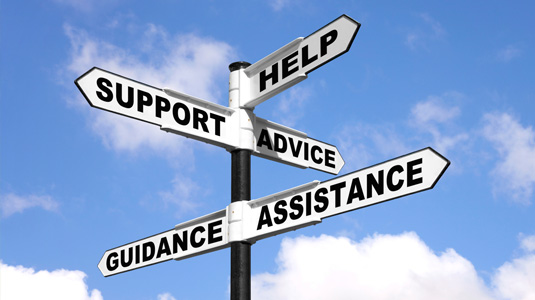Treatments – My Most Valuable Advice
 Defining Drug Addiction Treatment Drug addiction treatment, as the term suggests, is intended to help drug addiction sufferers stop their drug use and dependency. Treatment can be conducted in several settings, they also take various forms, and they last in different periods of time. Since drug addiction is usually a chronic illness and that relapses are likely to occur, a short-term, one-time treatment is not recommended.
Defining Drug Addiction Treatment Drug addiction treatment, as the term suggests, is intended to help drug addiction sufferers stop their drug use and dependency. Treatment can be conducted in several settings, they also take various forms, and they last in different periods of time. Since drug addiction is usually a chronic illness and that relapses are likely to occur, a short-term, one-time treatment is not recommended.
Short Course on Resources – Covering The Basics
Drug addiction treatment is a long, steady process which necessitates numerous interventions and systematic monitoring.
5 Uses For Services
Is Health Drug Addiction Treatment Effective? Aside from stopping the abuse of drugs, the aim of treatment is to make people go back to being productive and to function well in the family, workplace, and community. Based on a research that monitors people being treated over extended duration, most of them who practices and remain in the treatment refrain from using drugs, minimize their criminal tendencies, and develop work, social, and psychological ethics. As an example, treatment of methadone has been proved to boost participation in behavioral therapy and minimizes the use of drugs as well as unlawful behavior. However, the result of treatment differs from one person to another and may depend on the scope of the patient’s difficulties, compatibility with the treatment, and related solutions to help surpass those problems, as well as how well the patient can interact with our treatment providers. Much like any other chronic ailments, addiction can be controlled efficiently. The treatment provides people with the ability to reject addiction’s strong destructive effects on the mind and behavior so they can be in control of their lives once again. Just like any other chronic medical problems which affect both behavioral and physiological attributes of a person, such as hypertension, diabetes and asthma, relapse is not only a probability but also almost always expected to happen when it comes to addiction. Unfortunately, when relapse happen, may people consider the treatment a failure. This can be argued because successful treatment for drug addiction usually involves unceasing assessment and progression, just like how other chronic illnesses are treated. Just for an example, for hypertension patients who have undergone active treatment and their symptoms faded, their treatment is deemed effective, even if symptoms resurface after discontinued treatment. This means that if in case the patient suffering from drug addiction experience a relapse, it does not mean the treatment failed – it simply means that the treatment needs to be modified or enhanced in such a way that is more appropriate or applicable to the patient’s individual needs.